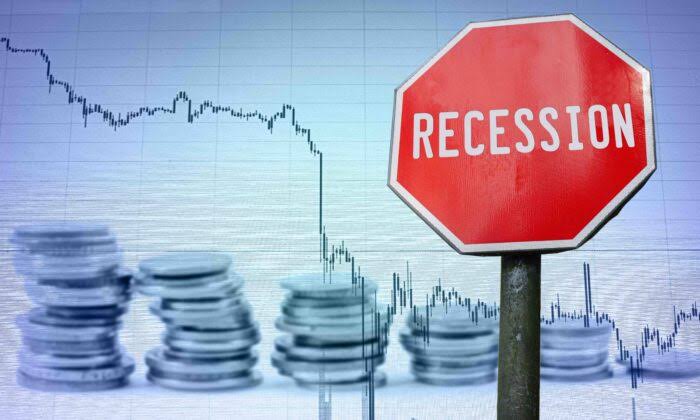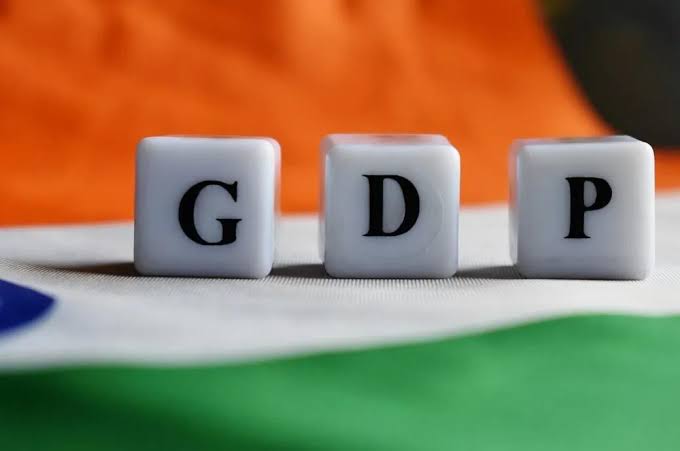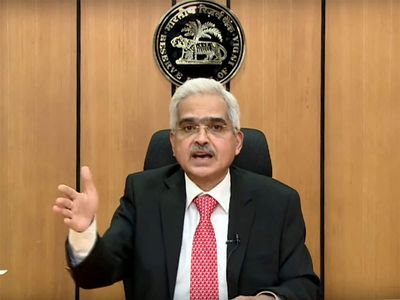Paris: The German economy has contracted by 0.3 per cent in the first quarter of 2023, showed to the latest data released by the country’s statistical office on Thursday.
This is the second consecutive GDP decline for Europe’s largest economy, sending the country into a recession.
Two consecutive quarters of decline in a country’s real (inflation-adjusted) gross domestic product (GDP) is commonly defined as a ‘technical recession’ by most commentators and analysts.
Germany’s Federal Statistical Office (Destatis) report said, “The gross domestic product (GDP) fell by 0.3 per cent in the first quarter of 2023 on the fourth quarter of 2022 after adjustment for price, seasonal and calendar variations.”
This follows a 0.5 per cent contraction in the last three months of 2022. During the period the country battled an energy crisis unleashed by Russia’s invasion of Ukraine.
“After GDP growth entered negative territory at the end of 2022, the German economy has now recorded two consecutive negative quarters,” said Ruth Brand, President of the Federal Statistical Office.
The first estimate had showed GDP stagnating in the first quarter. The negative growth figure for this quarter was revised down by the federal statistics agency from an initial estimate of zero per cent. Year-on-year, the country’s GDP fell by 0.5 per cent when adjusted for price and calendar effects.
Household consumption declined 1.2 per cent quarter-on-quarter after price, seasonal and calendar adjustments. Government spending also decreased significantly by 4.9 per cent in the quarter, the data showed.







